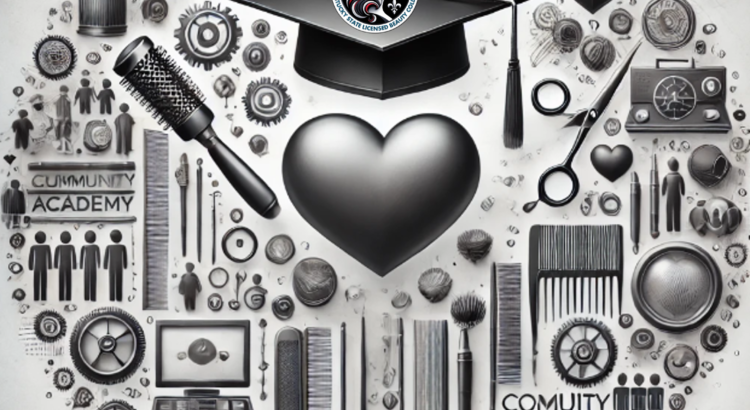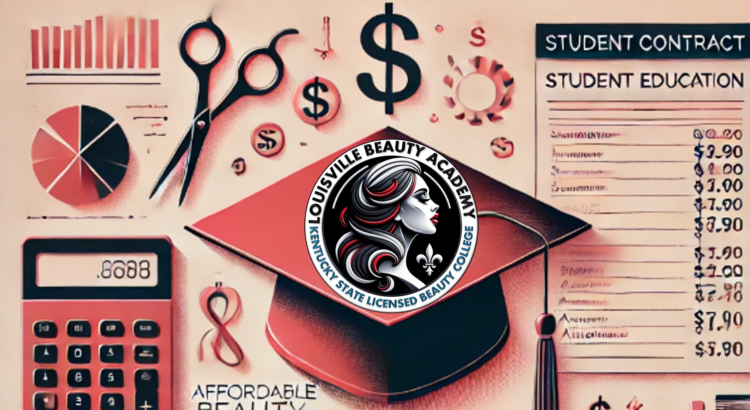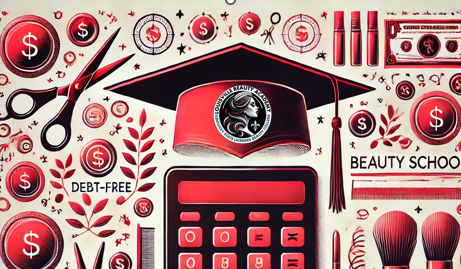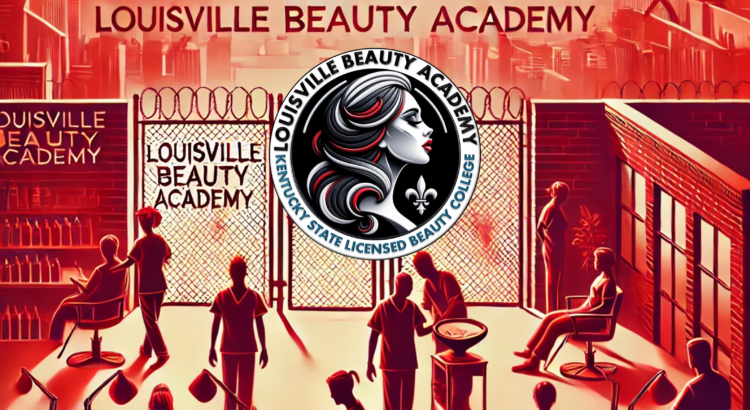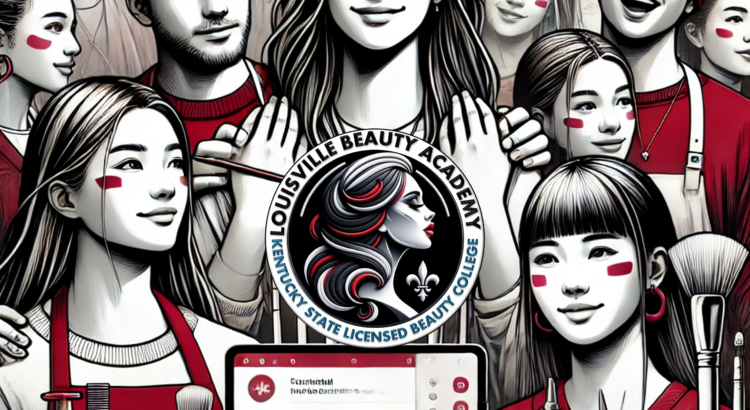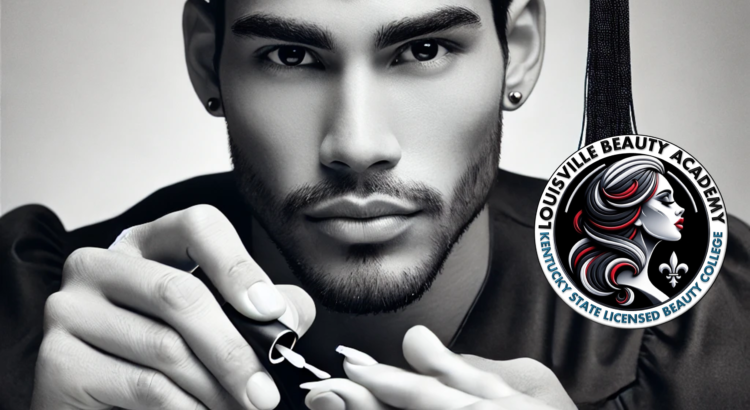In an era where efficiency, financial responsibility, and impactful results are highly valued, Louisville Beauty Academy stands out as a groundbreaking model of lean operations and community-oriented education. Founded by Di Tran, a recognized leader and author, Louisville Beauty Academy has redefined what it means to run a successful educational institution without succumbing to the pitfalls of excessive spending and debt accumulation. Tran’s mission is clear: to provide a high-quality, affordable pathway to success in beauty education without burdening students with debt. By prioritizing a streamlined business model, the academy has captured the attention of investors, government agencies, and education advocates who see the need for change.
Lean, Purpose-Driven Business Strategy
At the core of Louisville Beauty Academy’s success is its highly efficient, debt-free business model, aligning with the principles of lean operation. With tuition capped at under $7,000, including all necessary supplies, kits, and books, Louisville Beauty Academy has slashed costs while maintaining the quality and rigor essential to beauty training. This approach reduces overhead by avoiding federal loans or traditional financial aid models, allowing the academy to focus on delivering value without passing unnecessary costs onto students. This efficiency demonstrates a commitment to responsible management that resonates with the growing call for educational institutions to operate more like accountable, results-oriented enterprises.
By keeping administrative expenses low and optimizing resources, Louisville Beauty Academy exemplifies a “do more with less” philosophy, focusing on resourceful spending, efficient processes, and outcome-based education. This approach allows for the maximization of every dollar spent, creating a model that can be scaled and adapted across other sectors. For government agencies and investors interested in supporting initiatives that produce results without waste, Louisville Beauty Academy provides a powerful example of sustainable, responsible growth.
Results-Oriented Training with a Human-Centered Approach
Louisville Beauty Academy is not just a business success story—it’s a model of human-centered, service-oriented education. Di Tran’s influence is visible in every aspect of the academy, with a curriculum and operational philosophy that emphasize both practical skill-building and a sense of purpose in serving the community. Rather than positioning students as revenue generators, the academy’s training program is designed to cultivate skilled professionals who are motivated by real-world applications and meaningful interactions.
The academy’s second location at Harbor House of Louisville provides beauty services entirely free to nonprofit staff and local community members, reinforcing the values of service and community support. This commitment to “service over profit” creates a unique training environment where students practice and perfect their skills while making a tangible impact in the lives of others. The model supports efficiency in skill development and offers a real-world experience that transcends traditional, for-profit beauty training programs, setting an inspiring precedent for humanized, community-centric education.
Financial Empowerment and Debt-Free Enablement
A significant part of Louisville Beauty Academy’s appeal lies in its financial empowerment model. By keeping tuition affordable and eliminating the need for loans, Di Tran has effectively created a system where students graduate debt-free, ready to launch their careers without financial limitations. This structure appeals to policymakers, investors, and forward-thinking agencies by showcasing a scalable solution to the student debt crisis, one that produces self-sufficient graduates without the need for ongoing financial support.
Furthermore, the academy’s emphasis on personal responsibility, efficient spending, and long-term financial empowerment aligns closely with a vision of sustainable success that’s becoming increasingly essential in both public and private sectors. Di Tran’s approach—rooted in his philosophy of “doing small things consistently”—has shown that institutions can empower individuals without creating dependencies on financial aid, debt, or extensive administrative structures.
Di Tran’s Vision: Humanization, Community, and Practical Wisdom
Di Tran’s philosophy, encapsulated in his widely read books, focuses on the importance of humanization, community engagement, and the “muscle memory of love”—a belief that professional and personal success stem from caring actions and consistent, value-driven behaviors. This mindset permeates every aspect of Louisville Beauty Academy, creating an environment that balances rigorous skill-building with compassion and community service.
Tran’s commitment to “adding value daily,” reflected in the academy’s business model, appeals to stakeholders seeking investments that yield social and economic returns. His focus on lean operations without compromising quality resonates with government agencies and investors who are looking for responsible, transparent, and impact-driven initiatives.
Louisville Beauty Academy as a Model for Investors and Government Agencies
In today’s landscape, where efficient use of resources, accountability, and purpose-driven management are increasingly emphasized, Louisville Beauty Academy has emerged as a model worthy of national attention. By creating a streamlined, debt-free approach to education that serves both students and the community, Di Tran has set an inspiring example for legislators, investors, and agencies focused on fiscal responsibility and sustainable growth.
This model is an invitation to policymakers, investors, and public agencies seeking to support educational institutions that prioritize human development and community engagement without succumbing to wasteful spending. Louisville Beauty Academy proves that the right combination of lean management, financial empowerment, and community service can create transformative outcomes, benefiting students, communities, and the economy alike.
For those who believe in efficiency, accountability, and community-focused impact, Louisville Beauty Academy is a beacon of possibility in the realm of beauty education.
